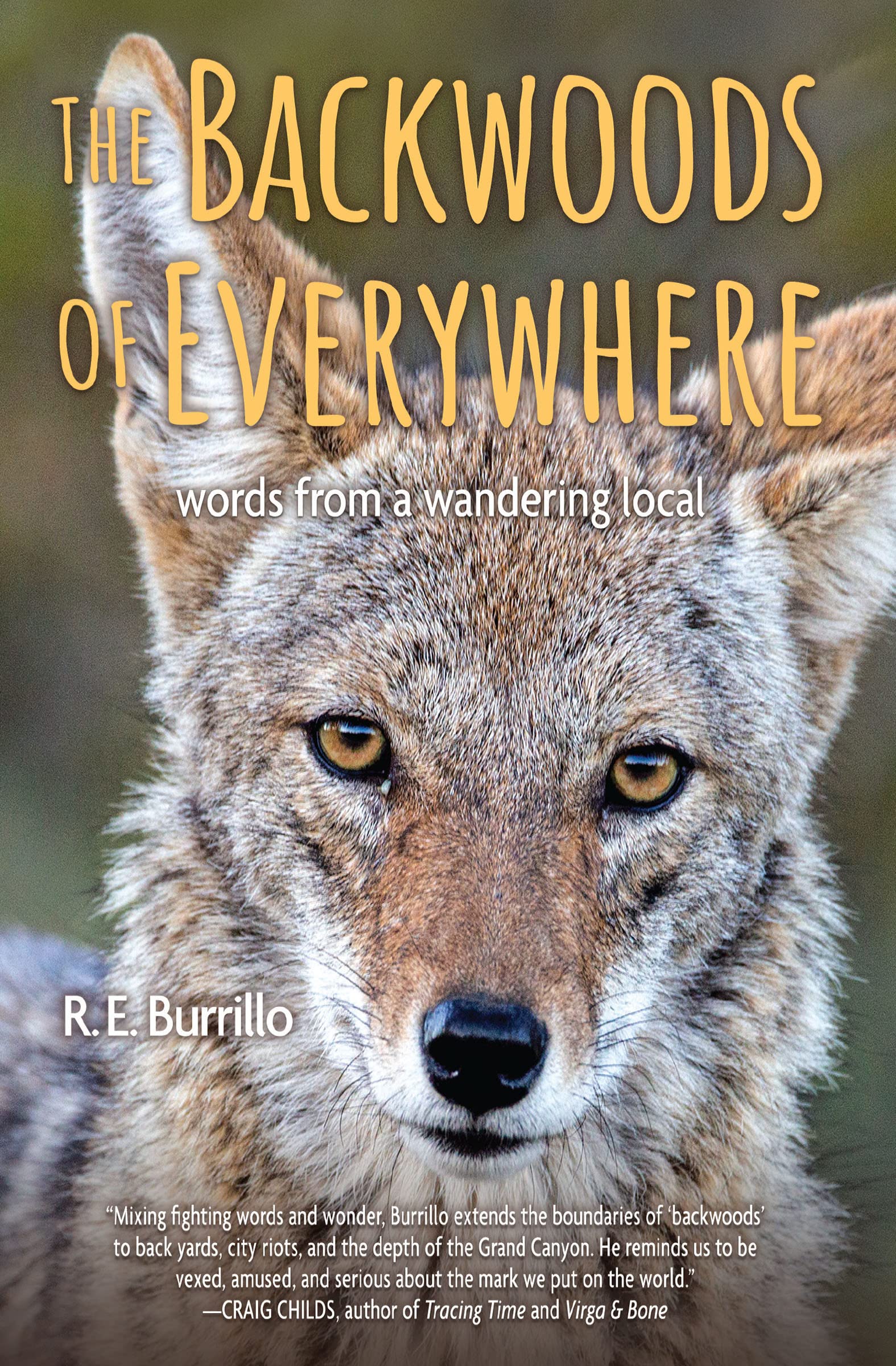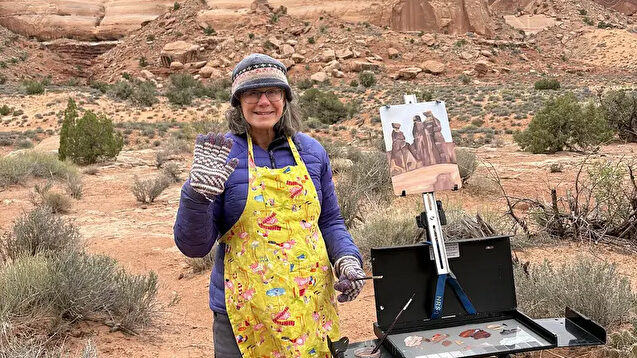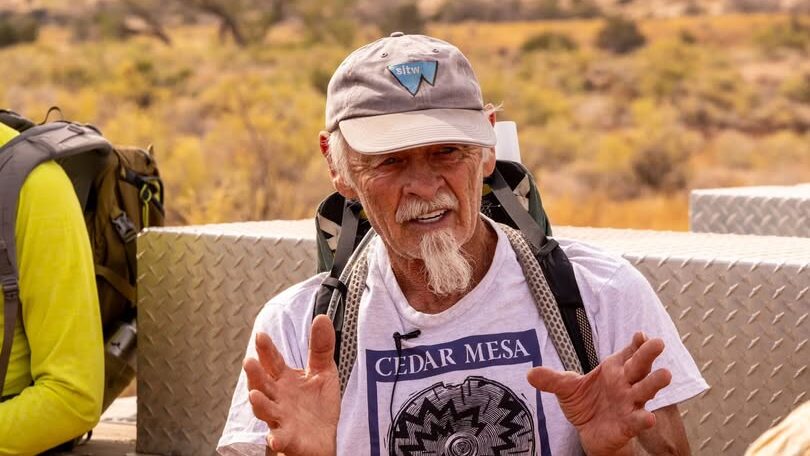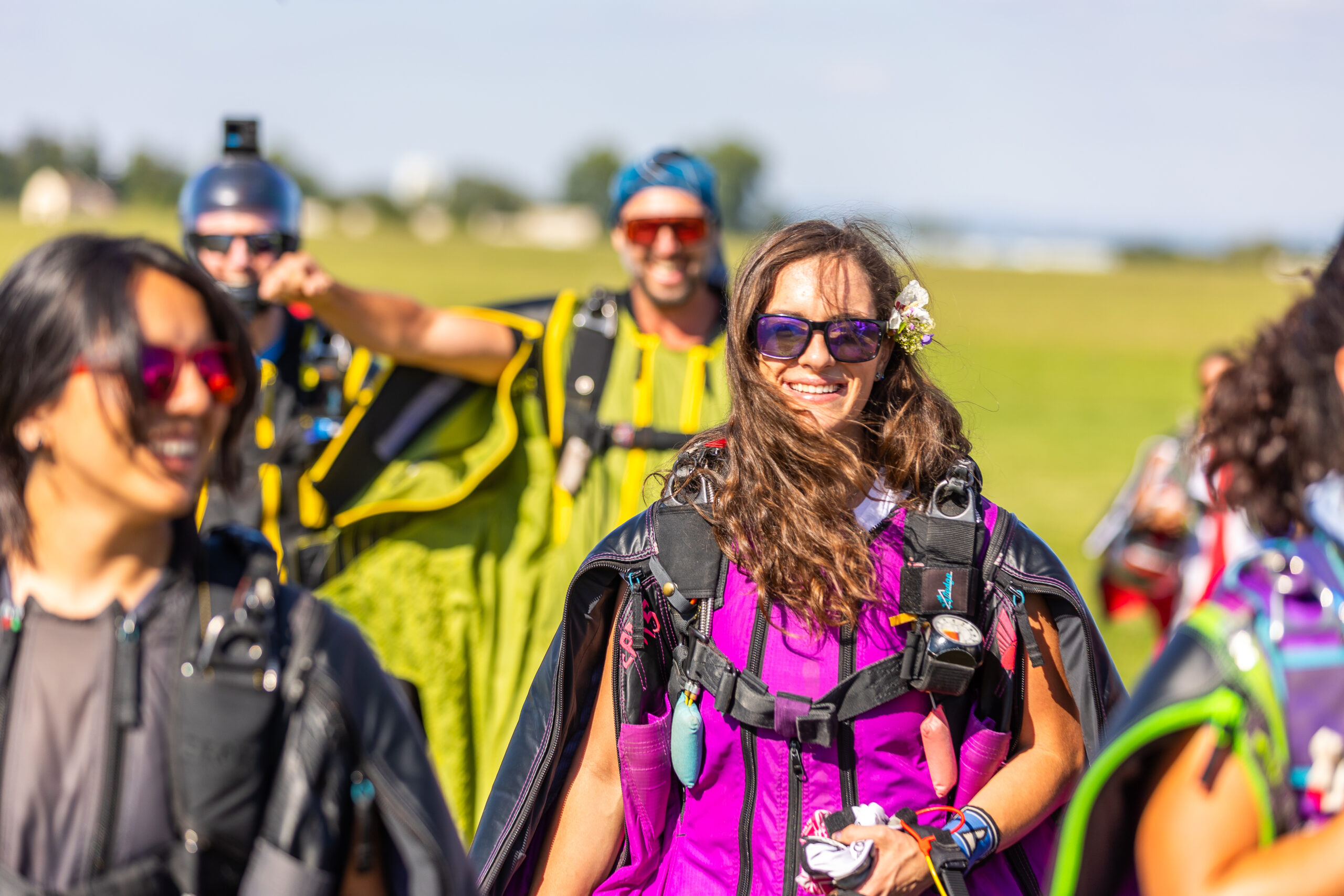Some information may be outdated.
What does it mean to be a local? What does it mean to call a place home?
In his new book, “The Backwoods of Everywhere: Words from a Wandering Local,” R.E. Burrillo explores those two questions through a series of essays about his childhood in upstate New York, his stint as a bartender in New Orleans, his travels doing seasonal resort work in national parks, and his career as an archaeologist studying Bears Ears.
“From the ancient canal systems of Phoenix, Arizona, to the modern Mayan communities of the Yucatan Peninsula, to the depths of the Grand Canyon, Burrillo brings readers on an entertaining romp chock-full of history, ecology, cultural preservation, and personal stories,” according to the book description.
Burrillo said he hopes his new book—which he thinks of as a “B-side album” to his 2020 book “Behind the Bears Ears: Exploring the Cultural and Natural Histories of a Sacred Landscape”—will humanize his research work, allowing it to reach a larger audience.
“Including personal anecdotes and personal observations can get people really involved in the story,” he said. “Then the subject makes more sense, and the urgency makes more sense.”
On Friday, Dec. 9, Burrillo will join Back of Beyond Books at 7 p.m. for a reading. He said he hopes the book casts a wide net in its audience, but most of all, he hopes his personal essays about his mental and physical illness—and the stability the landscape provided to him through that—will resonate with people who may be going through the same thing.
“I want to say to people, ‘hey, I know where you’re at,’” Burrillo said. “It’s depressing right now.”
What’s depressing in archaeology is the state of the protection of archaeological sites: for the Bears Ears National Monument specifically, in 2016, then-President Donald Trump reduced the monument by 85%; in 2021 President Biden restored protections; this year, the state of Utah is suing the Biden administration for doing so; and now, a number of Tribes have filed a motion to intervene that lawsuit. When Burrillo’s first book was published in 2020, he explored the relationship the Trump administration had to the monument, and now, the work is still unfinished—Burrillo was just recently contacted by the Society for American Archaeology to be an expert voice in explaining the lawsuits that surround Bears Ears. His new book explores a bit of that recent history.
Burrillo also explores his relationship to archaeology in the book: “I’m a white guy who’s not even from [the Bears Ears region],” he said. “The last thing I want to do is try to speak over local or Indigenous voices.”
But Bears Ears keeps drawing him back, and as long as he is asked for help, like with the Society for American Archaeology, he’ll give it, he said. A few of his essays in the book explore “the complexities of American archaeology,” and his personal ethics surrounding his career.
“I hope I helped in a way that lends support to or amplifies Indigenous voices,” he said.
Burrillo also pointed out that the book isn’t all doom and gloom: it’s also quite funny. He believes strongly in using humor—“it’s a vastly underutilized tool for dealing with the world, and especially for dealing with the worst things about the world,” he said. “… I try to utilize that tool as much as I can.”
“What does being a local even mean?” Burrillo writes in the first chapter of the book. “I’ve spent long hours obsessing over this question. Do you have to be born there, wherever there is? Do you have to love the place, to be considered a local there? Does the place have to love you back? From everything I’ve seen, being a local means embodying the culture of the place where you live, for good or for ill, its definition being a definition both of itself and, to a certain extent, of you.”
Appreciate the coverage? Help keep local news alive.
Chip in to support the Moab Sun News.





